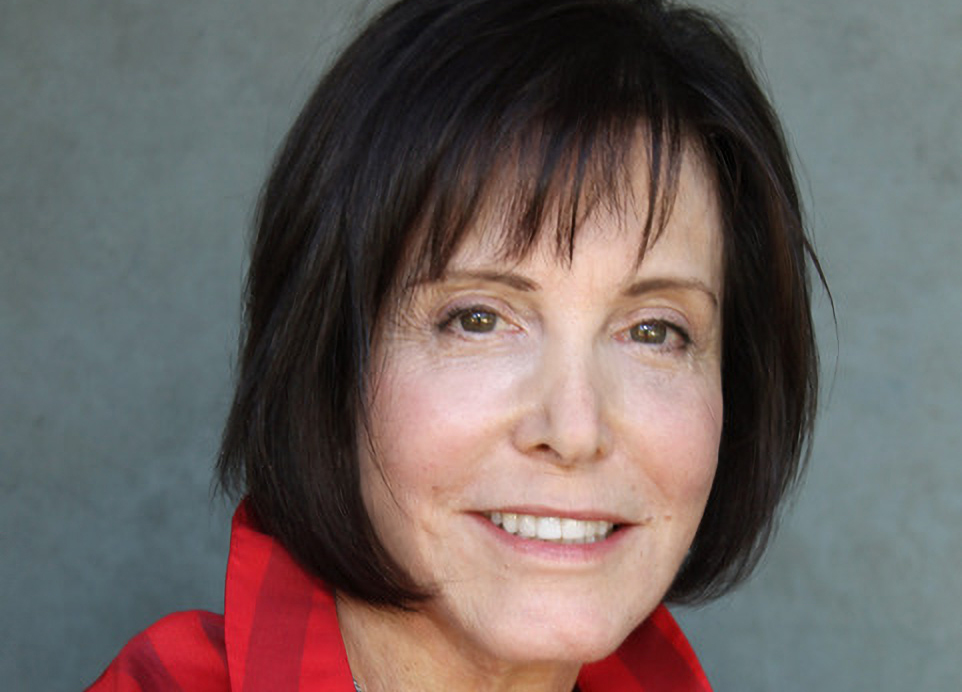Introducing Judith Parker, Pando Days narrative coach
Editor’s note: Judith Parker comes to us after a successful career in television. She is an Emmy award winning writer and producer with a long list of writing credits. As many in the Pando Days community already know, she has a knack for marrying conceptual ideas to a narrative, a process that enhances project presentations. Here’s a glimpse at how it works.
Eugene Shirley: Judith, great to have this chance to talk. You’re at the center of so much in terms of Pando Days. When you’re working with the schools on narrative, how would you describe the process?
Judith Parker: First of all, I listen carefully. Then I ask questions and I look for a way to connect the intention – which can get bogged down in research and data – to people. A way to tell the story.
What we’re looking for is what writers refer to as the root idea – the underlying theme that drives a story. It’s based in a universal truth – a need or desire the audience can identify with.
At the core of every Pando Days challenge there is a universal need – hunger, shelter, health, community – and that connection will lead us to a narrative.
ES: I feel where you’re going here. But can you give me an example?
JP: Let’s say you set out to measure air quality on the freeway. You collect data and you find out the air quality on the 405 is passable at 7 AM but by 4 PM you’re breathing in smog.
You’ve got data and charts, all of which are convincing, but to the average person not all that compelling. But what if you introduce Charlie, a construction worker who drives forty-two minutes on the 405 from Compton to his job site in Santa Monica every day, and you put him on that freeway at 7 AM and 4 PM? Now the data has a human face and it comes alive.
ES: It’s not always easy to find that narrative – it looks easier than it is. What does it take to find the link?
JP: Openness. It takes looking at the project through a different lens. I can’t turn anyone into a writer in a few sessions but I can help them see the possibilities and connections they may have overlooked.
ES: How do you do that? What is the process?
JP: For Pando Days, the school picks the challenge that fits the curriculum and then the faculty and the students begin to figure out what their project will be. And this year, consulting partners from public agencies and community organizations weighed in with their needs and expectations…so there are a lot of voices in the mix.
At this point the project starts to find its direction. Then I come in and what I’m looking for is a way to connect the conceptual ideas and objectives to people’s lives – locate the narrative thread.
It takes time, it takes more than one conversation – ideas grow and change and my job is to let the project evolve and then help find the story and give it a shape.
ES: Are the schools you’re working with open to that process?
JP: Yes and no. It takes trust and that takes time. In a TV writing room the saying is anything goes – you have to be able to pitch ideas without censoring them and some might be terrible so you have to be willing to take a risk. It’s not the usual academic process and it takes a while to get there, but when we do, we find the story.
Find out more about Pando Days.
